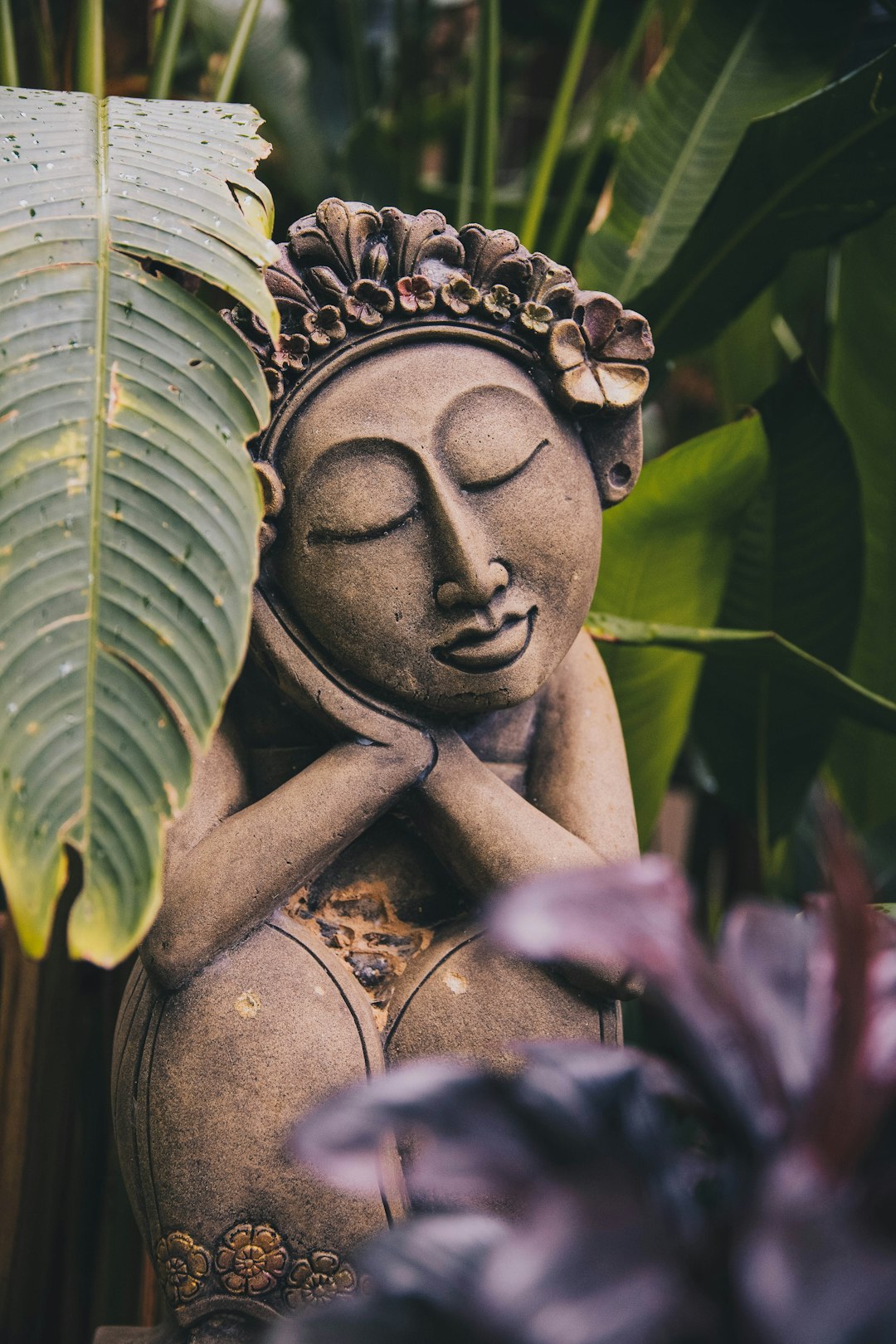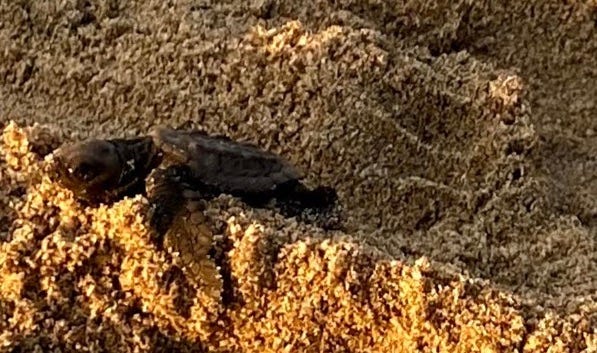What Comes After Rock Bottom
We’re not bouncy balls certain to rise up after hitting the ground. But we do tend to be able to see things a bit more wisely in moments of great difficulty.
I found myself thinking about the experience of hitting rock bottom this week. Maybe it was the stress of the elections. Or the UN Secretary General’s use of the phrase “climate hell.” Or the wear and tear of our past several chaotic years getting to me.
I’ve felt like this before before — like hope is fleeting and despair an unwelcome guest. But this time, it didn’t scare me because now I know that what tends to follow a reckoning with rock bottom is growth.
I don’t mean this in a Pollyana sense. We’re not bouncy balls certain to rise up after hitting the ground. But something happens in these moments that is not like other moments.
Consider one of the most difficult episodes in my personal life:
I was married, raising children, working full-time, doing my best to care for my mom, and trying to do my bit to address climate change.
More to the point, I was trying to hold things together. Trying to save my troubled marriage. Save my mother from the dignity-crushing brutality of Alzheimer’s. And play some small role in helping to save the ineffable wonder of life on Earth.
Then my mom died. I got divorced. And I realized things were not going well in the climate fight. In short, despite all my best if misguided efforts, I knew I’d failed on every front. I felt utterly flattened.
So, I did the only thing I could do. I fell apart. Sure, I kept taking care of my children, my dog, and the daily business of life. But my intense drive to change the circumstances of the world around me simply went out, and I was left with the truth of how small I am and how vast life is.
One day, to mark the anniversary of my mom’s death, I went to the beach, our favorite place. I sat on a dune high on a hill in northern California. And just sat. No books. No writing. No phone. No plans.
Then, gradually, I started noticing things. Dogs running on the beach. Birds soaring. The powerful crashing of the waves. I thought about my children who were growing taller, stronger, and more thoughtful. And how I seemed to be encountering just the right people at just the right time. Life, in short, was carrying on.
I also realized my sense of ease was growing. My heart’s capacity for love was stretching wider. My appreciation for the gift of life was becoming ever vaster. And my fear, remarkably, was decreasing.
Put another way: Fear was giving way to grounding. Grief was giving way to gratitude. And despair that I could not save my mother from decline or my children from the pain of their parents’ divorce was giving way to a more realistic recognition of what I could do.
Be present in the here and now with as big-hearted a love as I could muster.
This is what I have learned from rock bottom: It slows me down enough to open me up. To see that my usual ways are not up to the task of life. And to allow something else, perhaps a little wiser, to guide me.
This is what I have learned from rock bottom: It slows me down enough to open me up.
What might come next in this moment of our many collective challenges I don’t know. But I do know that there is one way of thinking about engaging in daunting challenges that helps.

I came across it while in residence at the Mesa Refuge writers colony in Point Reyes, California. One early morning in my shack, I read the book Training in Compassion by the Zen teacher and priest Norman Fischer.
One passage, in particular, spoke to me. In it, he wrote that there are two kinds of love in the world. One is relative love, the love we are capable of. The other is absolute love, a love that is bigger than us.
What’s helpful to understand, as Fischer explained, is that these two forms of love exist in relationship to each other. Relative love invites us to do some good in this world while absolute love helps us know that our efforts exist in a much bigger container.
The solace in this, as Fischer writes, is that “even if our helping doesn’t do any good, it’s still okay because of the big love that’s everywhere and that heals anyway, no matter what we do, so we can drop the desperate idea that everything is up to us.
“Everything is up to us, but the big us, not the little us. … And because of this, we can love, and we can do our best to help, and we can work really hard, but without having to be burned up by our concern.”
If you are one of the many people trying to bring some good into this world and sometimes feel daunted or as if you’ve hit rock bottom, I hope Fischer’s wisdom might bring you some solace, too.





This column, and your vulnerability, are beautiful. Thank you.